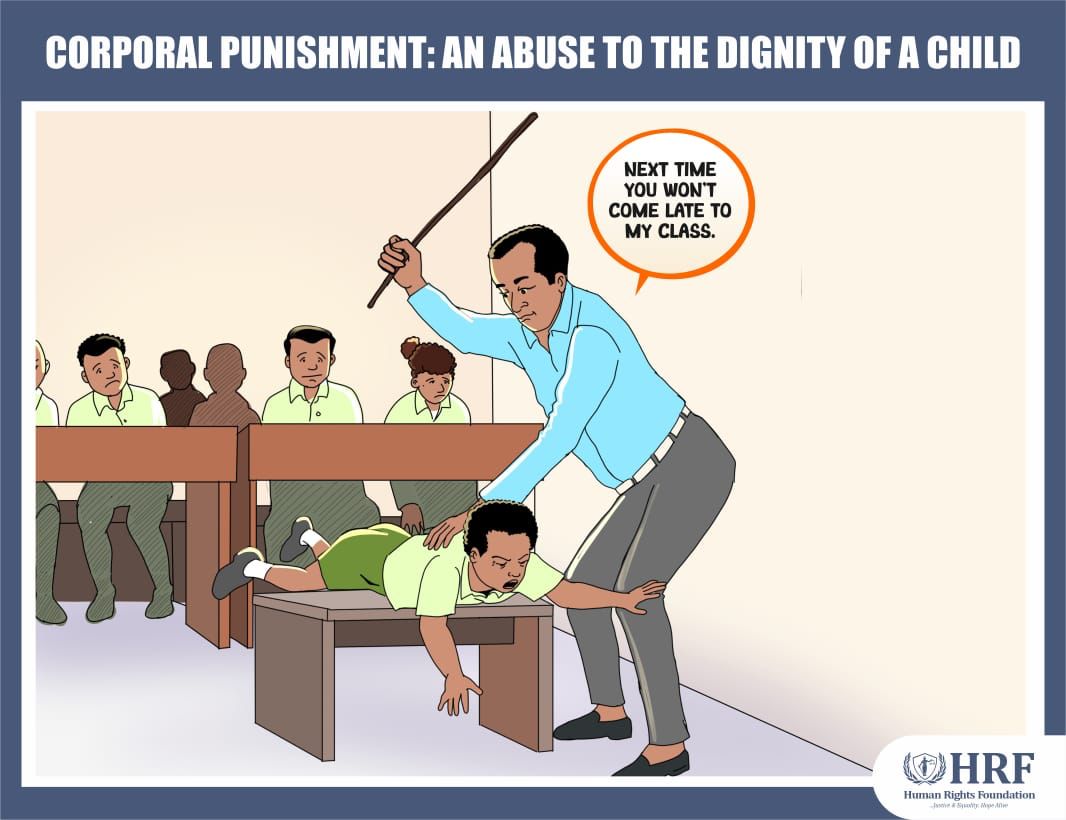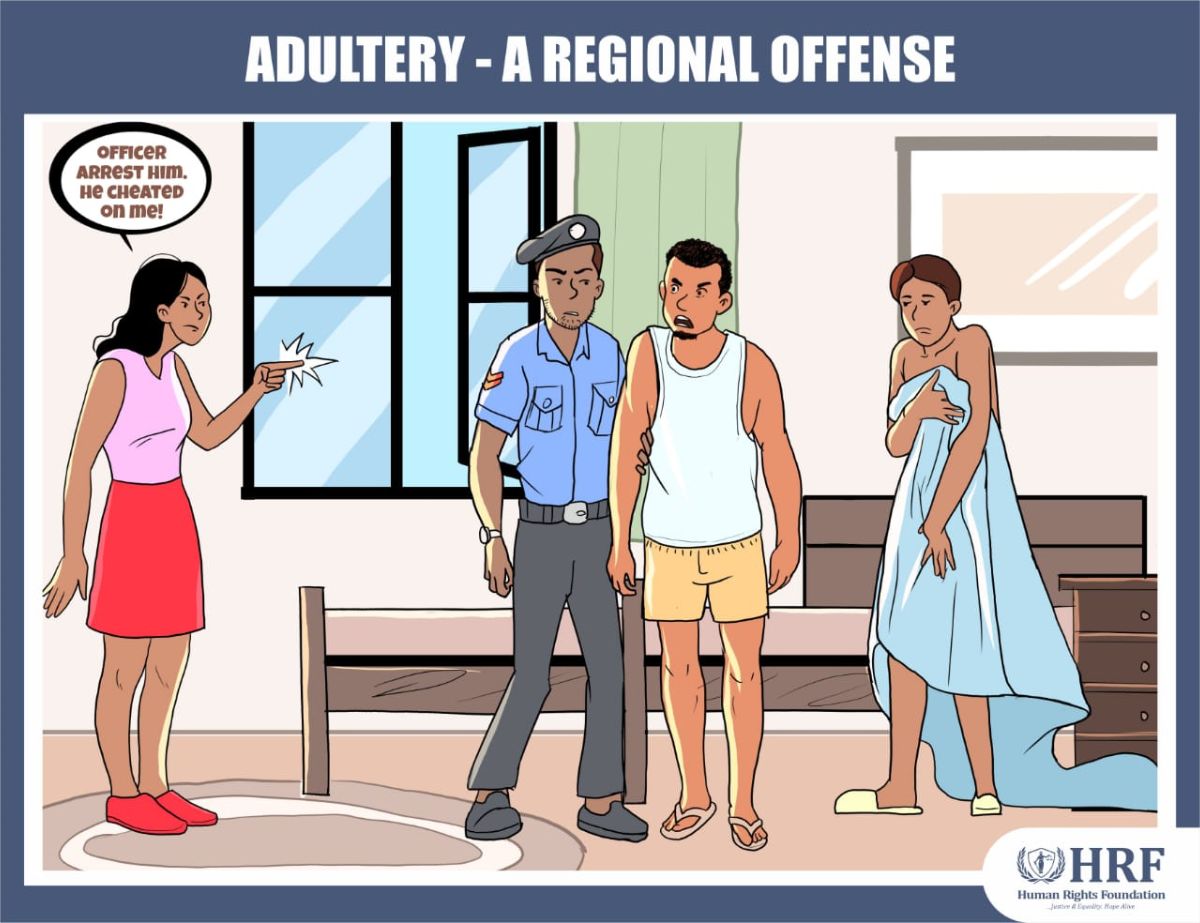.jpg)
The tragic lynching of 16 innocent travelers in Uromi, Edo State, on March 28, 2025, is a grim reminder of the dangers of mob justice and the urgent need for legal and institutional reforms to curb this menace. As a human rights advocate, I strongly condemn this heinous act and call on authorities to ensure that justice is served.
The Uromi Tragedy: A Case of Deadly Misinformation
That fateful day, a group of Hausa hunters, traveling from Port Harcourt to Kano for the Sallah festivities, was intercepted by local vigilantes and Edo State Security Corps members. Their possession of hunting rifles—common in the North—was misinterpreted as a threat. Instead of conducting proper verification or handing them over to the police, the vigilantes raised a false alarm that led to a brutal mob attack.
Fueled by ignorance and blind rage, the mob viciously descended on the travelers, killing 16 of them on the spot. In a shocking act of barbarism, the mob set their vehicle on fire, with some victims still inside. Some were dragged out and thrown into the flames, a horrific scene that highlights the lawlessness that mob justice represents.
The Legal Implications of Mob Action
Mob justice is not only unlawful but also a grave violation of fundamental human rights. The Nigerian Constitution, under Section 33, guarantees every citizen’s right to life, and Section 36 provides for the right to a fair hearing. By engaging in extrajudicial killings, the perpetrators have committed several crimes under Nigerian law, including:
Murder (Section 316 of the Criminal Code Act): The intentional killing of another person without lawful justification is a capital offense, punishable by death.
Arson (Section 443 of the Criminal Code Act): Setting fire to the victims’ vehicle and bodies constitutes arson, a felony punishable by life imprisonment.
Conspiracy (Section 516 of the Criminal Code Act): Those who participated in planning or encouraging the mob action are criminally liable, even if they did not directly kill the victims.
Assault and Bodily Harm (Sections 355 and 252 of the Criminal Code Act): The survivors of this attack have suffered serious injuries, which constitute felony offenses.
The law is clear: there is no justification for jungle justice. Every accused person has the right to be tried in a court of law.
The Urgent Need for Public Awareness and Law Enforcement Action
This tragic event underscores the need for urgent public enlightenment on the dangers of mob justice. Ignorance, fear, and lack of trust in the legal system often fuel such actions. However, taking the law into one’s hands leads to the loss of innocent lives and undermines the rule of law and societal order.
President Bola Tinubu has condemned this act and ordered a full investigation. While the arrest of five suspects is a step in the right direction, justice demands that every individual involved in this crime be brought to book. There must be swift prosecution to serve as a deterrent to future occurrences.
Furthermore, security agencies must strengthen intelligence gathering and rapid response mechanisms to prevent such incidents. Community leaders and traditional rulers should also help discourage vigilante excesses and promote lawful conflict resolution.
Conclusion: Justice Must Prevail
This massacre must not be forgotten. The 16 innocent lives lost demand justice, and the surviving victims deserve protection and compensation. Mob justice has no place in a civilized society. It is time for Nigerians to reject this barbaric practice and trust in the legal system.
Let this tragedy serve as a wake-up call—mob justice is murder, and those who partake in it must face the full wrath of the law. Justice for the Uromi victims!



.jpg)
0 Comments